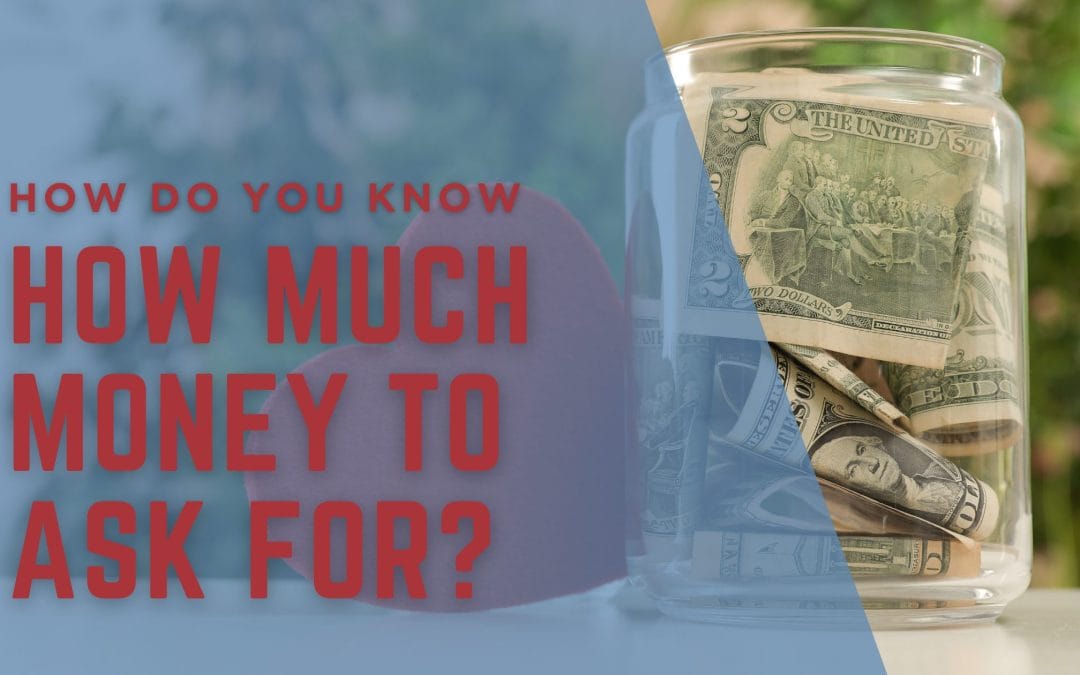In the last few weeks, many nonprofit leaders have been asking me a variation of the same question: “How do I know how much to ask the donor?”
Do you ever wonder?
In the last few weeks, I’ve heard more interest in tools like WealthEngine, DonorSearch, iWave, and Hatch.ai than I had in the previous six months! Granted, I am currently advising a number of capital campaigns. But having confidence in knowing a how much to ask for is something CEOs, board members, and fundraisers desperately desire.
It seems comforting to think that knowing all about the wealth of a donor will make it easier to ask.
It won’t.
Research is the first step in “Ask Without Fear!®” – but it’s easy to get stuck in research.
And without talking to a donor, research alone can lead to faulty conclusions. Just this week, I told a client, “Looking at their house value on Zillow may feel nice. But no donor is going to give you a tenth of that house.”
Beyond that, just because a person seems to have wealth does not mean they also give to nonprofits.
Early in my career, I tried to get really scientific about asking. And you know what? Donors responded warily. I’d often hear, “Where did you get that number from?” My research methods were not the conversation I wanted to have. I wanted to talk about the impact they could have in the project.
So how is a fundraiser to ask?
The only way to raise money is to ask for it. Specifically.
And the good news is: you don’t have to know exactly what a donor can give.
One of my favorite lines for asking is: “I have no idea if this is even in the ballpark, but would you consider a gift of $100,000?”
Of course, not all asks are for $100,000. But you do need to put an exact dollar amount in the ask.
“I have no idea if this is even in the ballpark, but would you consider a gift of $100,000?”
I love this line because it’s grounded in honesty. You really don’t know. So say so.
This ask also allows them to talk about the amount and the project, not about how you came to that amount.
In my fundraising trainings, I say, “Honesty and integrity are the best fundraising tools.”
I may start adding “curiosity.” Because being curious, allows you to ask great questions. Questions you do not know the answer too.
And those kinds of questions lead to far more engaging conversations.
And to great donations too.
Here’s what to do: look at the list of the next 10 asks you need to make. And figure out where you’d like to see their giving at. Then, in your conversation with them, tell them you don’t know if this is possible, but you were wondering if they’d consider a gift of . Then be quiet. And see what they say.
Remember: Fundraisers raise funds. And asking is the only way to raise those funds.





